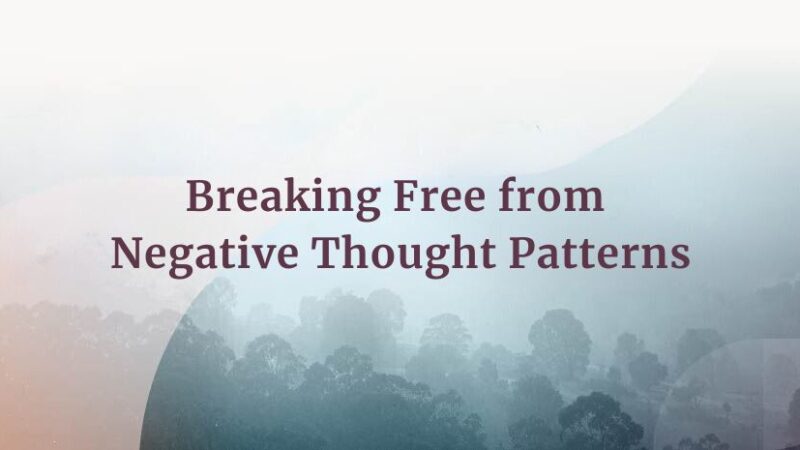There is no “there” there
Of course, like most people with even a rudimentary exposure to spiritual teachings, I have heard that the only moment is the present moment. I thought I understood this. But I have to tell myself the truth: I might understand this theoretically and even deeply in certain moments of heightened aliveness, but all of me doesn’t live this way. I know this because I have just uprooted a portion of my being that has been orienting toward a future “Promised Land”, a promised land that turns out is totally fictitious (I even have a new motto, “There is no promised land”).
Here’s how I discovered this: We have a new leadership team at ST and some part of me has believed that this new team was like “heavenly super stars” or a basketball team destined to win the championship and set all types of new world records in the process. And the fact is we do have a powerful new team that will bring the company forward in all kinds of new ways. But this new team is made up of HUMANS not heaven-dwellers. And there is no end to difficult business challenges and the complexities of human dynamics.
There are people in my mediation community who often take an attitude “don’t you know nothing ever really works out?” And I have had a response inside that goes something like, “that is such a negative attitude….maybe it doesn’t work out for you because you are so negative in the first place.” But I think I understand now what is being pointed to in a statement like “nothing ever really works out” — not that wonderful things don’t happen but that our fantasies of some perfect future are just that – fantasies.
I was sharing all of this with my partner Julie before we were going to sleep the other night, sitting up in bed together on our new bright turquoise silk sheets. And I said “There is no promised land”. And she said to me “The promised land is right here.” And at that moment, our eyes met and the space of the room opened up, and it felt like we were melting into eternity. The edges of Julie’s body started dissolving into the space of the room and she looked like a deity to me, sitting on a bed of turquoise silk with pink and gold curtains behind her. And I knew she was right about the promised land, that if it exists at all, it is only because it is right here, relaxing into the beauty, brightness and space of the moment.
So now I am asking myself these types of questions: When I build up some vision of a promised land, why am I doing this? What ego need am I trying to have met by this or that fantasy? What is it about the present moment that I just can’t bear such that I need to create a vision of some idealized future? Why do I continue to invest in “there” when there is no “there” there?
I remember listening to Thich Nhat Hanh teach walking meditation. He offered the teaching that with each footstep touching the ground we could say silently to ourselves “I have arrived.” He pointed out how most people are always rushing ahead to some future moment, and he said, let’s look at this logically, the future moment you are rushing to will eventually be your grave. What’s the big hurry?
And what amazes me about the dharma is how endlessly deep it is (I heard Thich Nhat Hanh teach on this almost two decades ago and I thought “arriving in the present moment” was something I understood). I feel humbled (from the root word “humus” or earth) to have a fantasy bubble popped in such an obvious way, and to be returned to the earth, arriving right here in the groundless space of this moment, in the only promised land there is.




